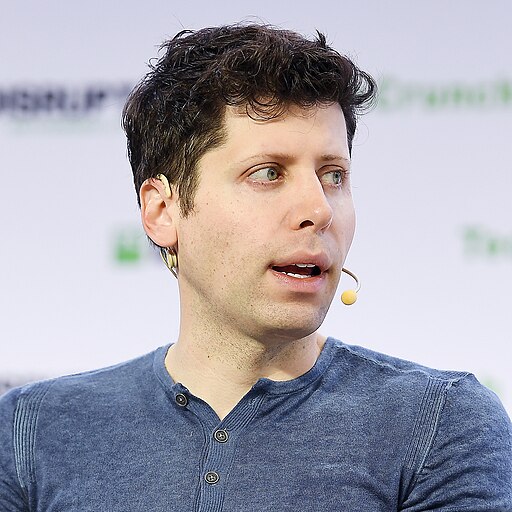As technology continues to advance, the realm of artificial intelligence (AI) is making waves across various industries. In the world of music, the boundaries of creativity are being expanded with the advent of MusicGen, a groundbreaking music generation model developed by Felix Kreuk, a distinguished Research Engineer at Meta AI Research.
Felix Kreuk, previously associated with Facebook AI Research (FAIR) and NVIDIA Research, is renowned for his expertise in deep learning and audio processing. Combining his passion for music with his technical prowess, Kreuk has created MusicGen as a simple yet controllable music generation model.
In a recent tweet, Kreuk unveiled MusicGen, stating, “We present MusicGen: A simple and controllable music generation model. MusicGen can be prompted by both text and melody. We release code (MIT) and models (CC-BY NC) for open research, reproducibility, and for the music community.” This announcement immediately caught the attention of music enthusiasts and AI aficionados alike.
We present MusicGen: A simple and controllable music generation model. MusicGen can be prompted by both text and melody.
— Felix Kreuk (@FelixKreuk) June 9, 2023
We release code (MIT) and models (CC-BY NC) for open research, reproducibility, and for the music community: https://t.co/OkYjL4xDN7 pic.twitter.com/h1l4LGzYgf
To develop MusicGen, Kreuk harnessed the power of a massive dataset comprising 20,000 hours of music. This extensive collection includes 10,000 licensed high-quality music tracks and an astounding 390,000 instrument-only tracks sourced from ShutterStock and Pond5, two prominent stock media libraries. While the specific details of the training process remain undisclosed, pre-trained models are now available for those equipped with the appropriate hardware, primarily a GPU with approximately 16GB of memory.
MuiscGen to match the competition
The emergence of MusicGen coincides with a highly competitive AI race between tech giants Meta, Google, and OpenAI. Each company strives to push the boundaries of AI capabilities, driving innovation in various domains. Music generation, in particular, has become an exciting battleground in this race, as it combines the artistry of human expression with the potential of AI-driven creativity.
Meta, formerly known as Facebook, has recently shifted its focus towards AI research and development. With the release of MusicGen, Meta demonstrates its commitment to exploring the fusion of AI and music, envisioning a future where AI-generated compositions seamlessly blend with human creations.
Google, a prominent player in the AI domain, has made significant strides in music generation. The company’s Magenta project explores the intersection of AI and music, aiming to empower artists with new tools and possibilities. By leveraging AI, Google envisions music as a collaborative experience between humans and machines.
Meanwhile, OpenAI, renowned for its advancements in natural language processing, has also delved into the realm of music generation. OpenAI’s Jukebox AI, which creates custom soundtracks for user-generated content, has captured the imagination of content creators and musicians worldwide.
As the AI race heats up, MusicGen emerges as a potent addition to the evolving landscape of AI-generated music. With its controllable nature, the model allows users to influence the output based on text prompts and melodic inputs. This level of control opens up unprecedented opportunities for musicians, composers, and enthusiasts to explore new sonic realms and experiment with their artistic vision.
The release of code and models by Kreuk further emphasizes the commitment to open research, reproducibility, and community collaboration. By making these resources freely available, MusicGen not only fosters creativity but also encourages researchers and developers to build upon the existing foundations, driving the field forward.
As the music community embraces MusicGen, it holds the potential to revolutionize music production, inspire novel compositions, and challenge the very notion of human creativity. With Felix Kreuk’s pioneering work in deep learning and audio processing, and Meta’s ambitious foray into the AI race, Music







